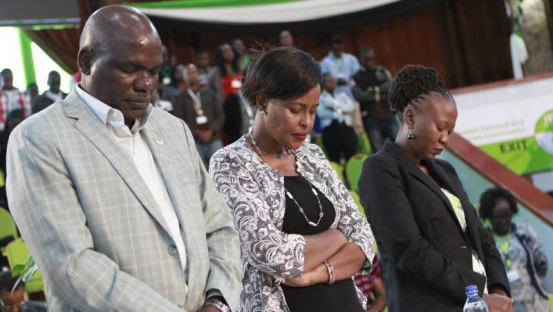×
The Standard e-Paper
Stay Informed, Even Offline

The Independent Electoral and Boundaries Commission (IEBC) will hold crucial talks that will make or break it.
The talks have been taken away from the fuming walls of Anniversary Towers, IEBC’s official address, to a retreat in a Naivasha hotel.